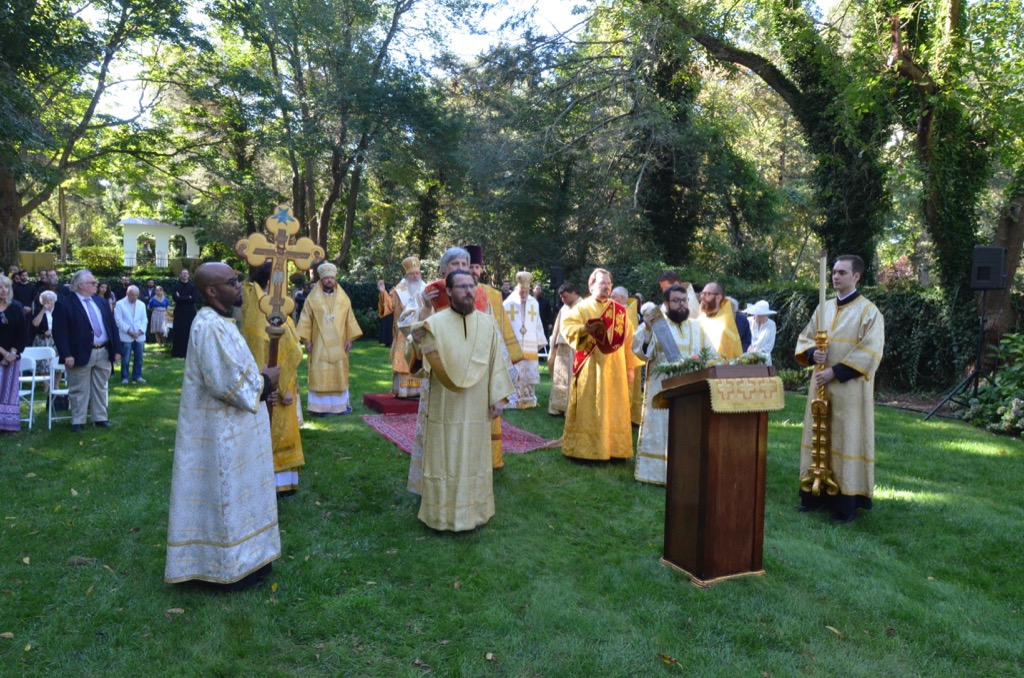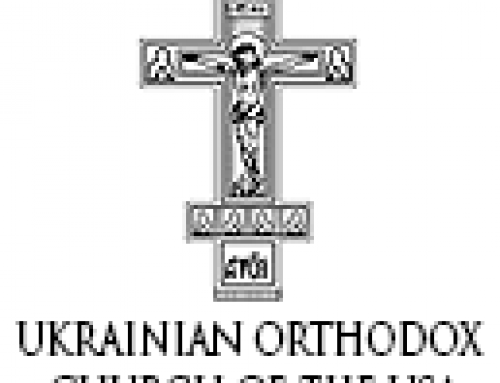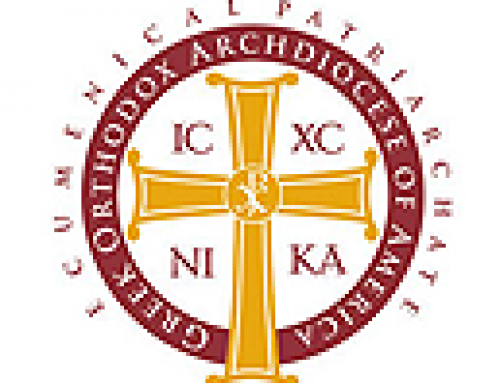This post was originally published on this site

His Beatitude, Metropolitan Tikhon presided at the celebration of the Divine Liturgy marking the patronal Feast Day of the Metropolitan’s Chapel of Saint Sergius of Radonezh at the Chancery on Saturday, September 23, 2017.
Concelebrating with Metropolitan Tikhon at the Liturgy, which was celebrated in the Chancery’s walled garden, were His Grace, Bishop Irinej [Dobrijevic] of the Serbian Orthodox Diocese of Eastern America, and His Grace, Bishop John of Naro-Fominsk, Administrator of the Patriarchal Parishes in the United States, of the Moscow Patriarchate. An octet choir, led by Dr. Nicholas Reeves, sang the liturgical responses. In addition to many seminarians from Saint Tikhon’s Seminary, South Canaan, PA and Saint Vladimir’s Seminary, Yonkers, NY, area OCA clergy, clergy from other jurisdictions, and faithful also participated. Following the Divine Liturgy, a festive complimentary luncheon was held on the Chancery grounds.
A photo gallery can be viewed on the OCA website and Facebook page.
Homily of His Beatitude, Metropolitan Tikhon at the Divine Liturgy marking
the Patronal Feast Day of Saint Sergius Chapel, Syosset, NY
Saturday, September 23, 2017
In the Name of the Father, and of the Son, and of the Holy Spirit.
Today we celebrate the Patronal Feast of our chapel, the Repose of our Father among the Saints, the Venerable Sergius of Radonezh, whose commemoration we have transferred from September 25. It is a blessing to have serving with us His Grace, Bishop Irinej of the Serbian Orthodox Church and His Grace, Bishop John of the Russian Orthodox Church and to be joined by so many clergy, seminarians and faithful for this Divine Liturgy.
In the scriptures appointed for this day, we see expressed the foundations for our Church life and particularly our brotherhood and unity in Christ. In his first Epistle to the Corinthians, the Holy Apostle Paul exhorts his listeners to look to do what is helpful and what builds up: “Let no one seek his own good, but the good of his neighbor.” This is in the context of ancient questions about what to do about meat offered to idols — to eat or not to eat — but the principle works as well today. If we are in Christ, the test we are called to use in making decisions is our neighbor’s good, not just our own. We have to ask the question individually and as communities: “How much am I willing to give — and to give up — for the sake of my neighbor?”
The epistle reading from Galatians also gives a picture of brotherhood built on noticing the needs and interests of others and bearing one another’s burdens. “Bear one another’s burdens, and so fulfil the law of Christ.” Here too we have to ask ourselves a question: “Do I even know what burdens those next to me are carrying? Am I willing to find out? Am I willing to help bear them?” This, says Saint Paul, is the new law of Christ.



